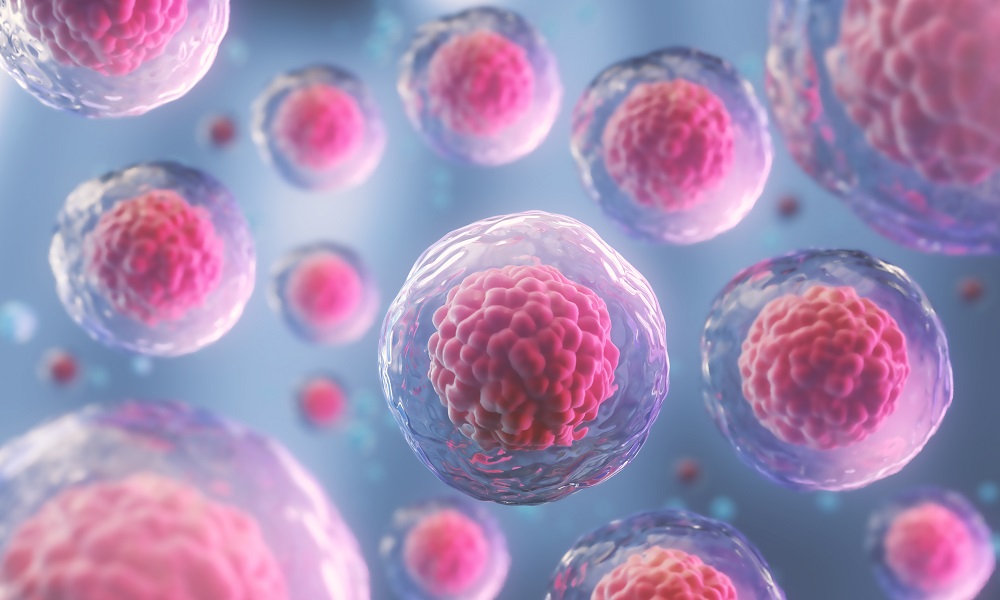What is cord blood?
Cord blood is the blood that remains in the placenta and umbilical cord after the birth of your baby.
Cord blood is rich in stem cells, which can be used to treat many different cancers, immune deficiencies and genetic disorders.
Did you know?
Once your baby has been born, your placenta is normally thrown away along with the cord blood that's in it.
What are stem cells?

Stem cells are special 'building block' cells in the body that can develop into many different types of cell.
Blood-producing stem cells are found in cord blood, and when a cord blood donation is given to someone in need of life-saving treatment, can develop into the type of blood cell that the patient's body needs.
This could be red blood cells, white blood cells or platelets.
The lifesaving potential within you
Cord blood transplants have been shown to cure patients with a variety of serious conditions.
Thanks to scientific research in this field, we are constantly discovering more and more diseases and conditions that can be successfully treated with stem cells found within cord blood.
Stem cells taken from the donated cord blood must match the patient's tissue type as closely as possible to give the best chance of successful treatment.
To give patients the best chance of a match we need to store as many cord blood donations as possible, and we can't do this without you.


